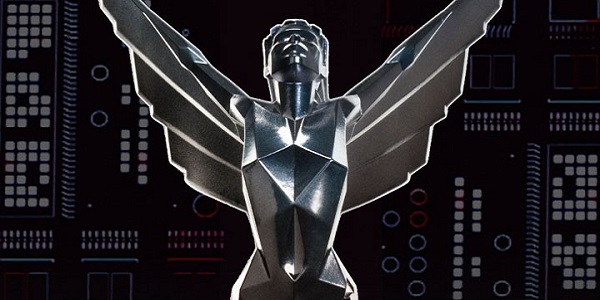Spike TV once hosted the Spike Video Game Awards, a show that not only handed out trophies to developers, but also featured exclusive announcements and trailers. However,following 2013’s online-only VGX Awards, producer Geoff Keighley, a long-time veteran of Gametrailers.tv, opted to do something different. He wanted to make an awards show that focused more on the games and less on celebrities.
That gamble paid off when his self produced The Game Awards show which made its debuted last year in Las Vegas, the day before Sony’s PlayStation Experience. It garnered two million viewers through channels like YouTube, Twitch, and Steam, which is nearly double what Spike’s awards events generated. It also generated more than 341 million impressions through social media. Not bad for a first-year effort.
This year, The Game Awards returned as strong as ever, premiering earlier in the month and featuring a number of special awards and other features, including the debut of Double Fine’s Psychonauts 2 and its crowdfunding campaign, along with a fitting tribute to Satoru Iwata, the Nintendo president who passed away earlier in the year. The show came in at a shorter length compared to the previous year’s show, but it still ran in a very timely manner.
Once again, the gamble paid off for Keighley and his team, according to Polygon. The show’s online viewership rose 20 percent over last year’s numbers, with 2.3 million people tuning in across Twitch, YouTube and other streaming channels.
Where The Game Awards really took off is through social media. The show managed to generate more than one billion impressions on Twitter that utilized the hashtag #TheGameAwards, well over double the previous year. More than 175,000 different users utilized the hashtag in all, and that doesn’t take into account the volume of messages posted on other social media platforms, such as Facebook.
This goes to show that bold ideas, even for something as lavish as an awards presentation, can work. Keighley is obviously no stranger when it comes to producing an effective games program, and his return to focus on those within the industry with little involvement from Hollywood stars (though the likes of Kiefer Sutherland and Shaquille O’Neal did make appearances) seems to be one of the strong factors behind The Game Awards.
Still, for subsequent shows, Keighley hopes to improve in a few key areas. “A tighter production technically, a shorter run time, and more on-stage awards,” he said. “The format feels good, and it’s been nice to see the audience response two sold years means we’re on the right path.”
As to where the show can go from here, Keighley is confident in a 2016 edition, which could hone an even bigger audience. “With the growth this year and all the sponsor support, I feel pretty confident we will be back next December for The Game Awards 2016,” he proclaimed.

